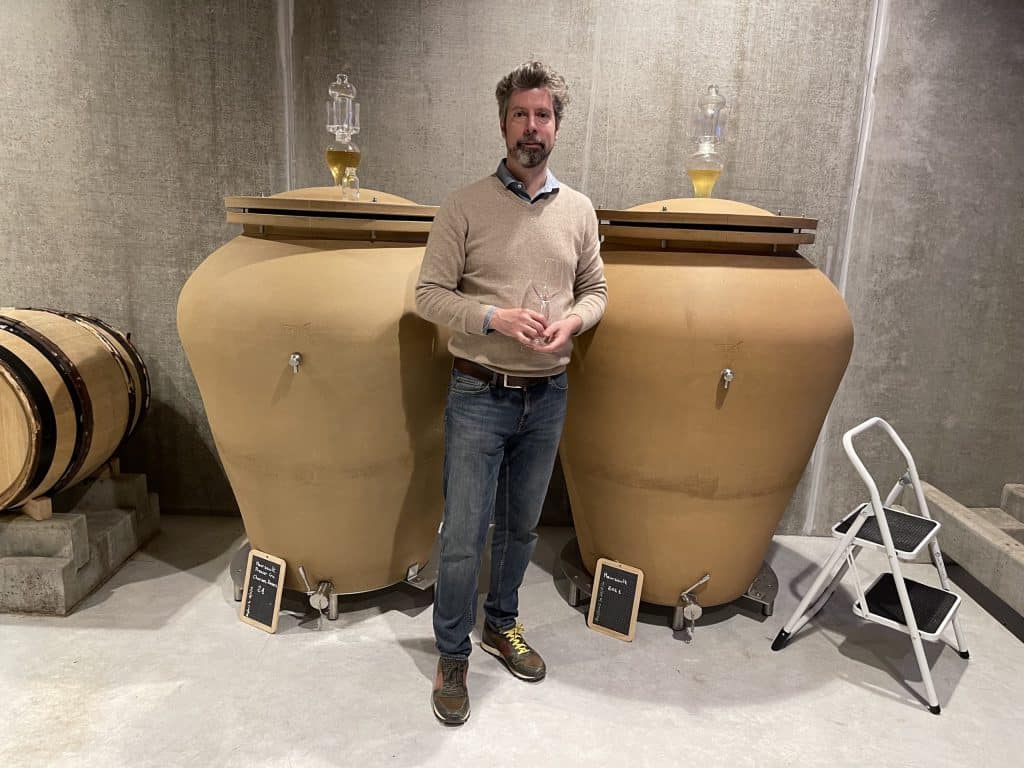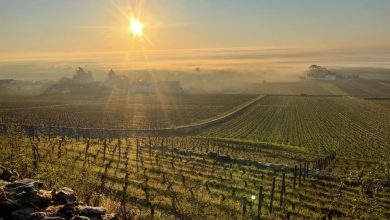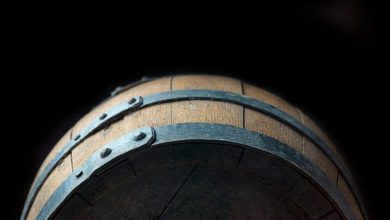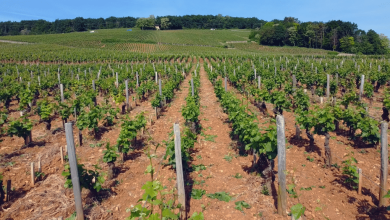An Introduction to Biodynamic Viticulture
Biodynamics is a form of agriculture based on a set of pseudo-scientific ideas with an emphasis on the use of ecological principles and the embrace of a spiritual and mystical perspective.
One cannot speak about biodynamic viticulture without mentioning Rudolf Steiner, a prominent Austrian philosopher and esotericist born in 1861. He is widely regarded as the pioneer of biodynamic agriculture, a holistic approach to farming that emphasizes the interconnections between soil, plants, and animals within the larger ecosystem. Steiner’s vision was deeply rooted in the belief that the world is a unified and interconnected organism, and he worked tirelessly to develop agricultural practices that respected and worked in harmony with nature.
In 1923, amidst the burgeoning industrialization of agriculture, Steiner presented his comprehensive insights and principles, which have since laid the foundation for the biodynamic farming movement. Biodynamic practices existed before the organic movement. Steiner believed holistic agricultural methods and minimal intervention help maintain ecological health and biodiversity.

Why did those principles become popular in the wine industry?
- Many winemakers are now embracing biodynamic viticulture, which is environmentally responsible and contributes to the planet’s wellbeing.
- The biodynamic approach is not rooted in intricate scientific principles. Nevertheless, many winemakers believe it significantly improved the health of vineyards and produced exceptional wines.

What is the thought process behind Biodynamic viticulture? Let’s explore it together.
- It is believed that there is exceptional harmony between the moon and earth, and winemakers must learn to maintain this balance by following a lunar calendar.
- The moon phases dictate when viticultural activities such as pruning, vine watering, and harvesting may be completed. These activities should be carried out when the most vital connection exists between plants and natural elements. This cycle has four categories: root day, leaf day, fruit day, and flower day.
- Mechanical cultivation methods are discouraged; horses are often used to till the soil and carry out other tasks.
- The chemical-free vineyards are treated as one entity. All aspects of the vineyard ecosystem—insects, other plants, and animals—are entwined, each playing a vital role in the biodynamic universe.
What about the compositions?
- A classic example is filling cow horns – a bull’s horn is never used – with manure and burying them in the soil to decompose during the winter months. When the horns are removed in the spring, the decomposed manure is spread throughout the vineyard. This special compost is believed to stimulate seed germination, balance pH, dissolve minerals, and stimulate the microbiological health of the vineyard as an entire entity.
- Special “teas” are made of nettles and chamomile blossoms (instead of copper sulphate – which can damage the microflora) and are used to help reduce vineyard diseases such as mildew.
- There are no legal restrictions when it comes to actual winemaking. However, biodynamic winemakers often refrain from adding sulfites to their wines. To be certified as a biodynamic, a long list of regulations must be adhered to and established by the internationally recognized Demeter Association.

Biodynamic viticulture is a unique practice emphasizing a deep connection with the vineyards. It involves winegrowers meticulously tending to the plants while respecting the delicate balance and wellbeing of the entire ecosystem. This holistic approach underscores the profound relationship between the vineyards and the surrounding environment, whether one believes in this practice or not.
We take great pride in presenting the wines of Antoine Lepetit de la Bigne, a wellbeing multi-talented individual. Over the past 15 years, he has dedicated himself to supporting growers in Burgundy to succeed with organic and biodynamic viticultural methods.
In 2012, he authored a well-received book named “What’s So Special About Biodynamic Wines: 35 Questions & Answers For Wine Lovers”. In 2015, he left the estate and set up his own biodynamic consulting company named “La Pierre Ronde” in 2016.
Antoine worked closely with many motivated growers in the region and built relationships of mutual trust with them. This led him to consider buying grapes and making his wine.
We value environmentally conscious producers and are proud to work closely with them
Discover the world’s finest wines with Crurated’s exclusive membership. Access rare allocations, secure storage, and personalized wine concierge services. Join today the elite club of discerning wine enthusiasts.




